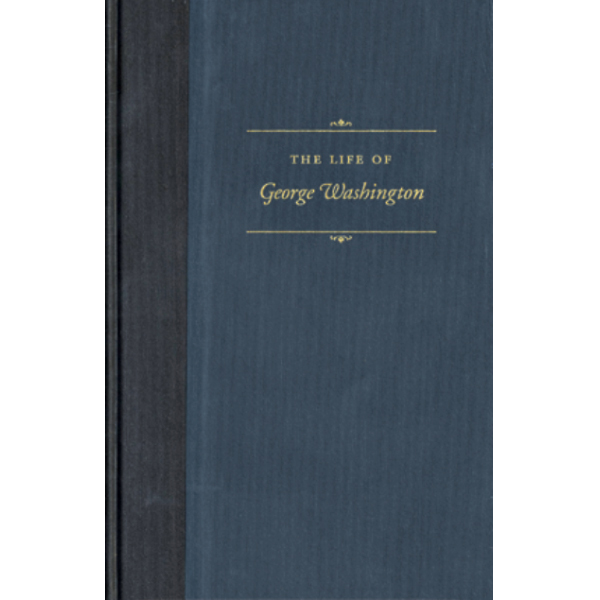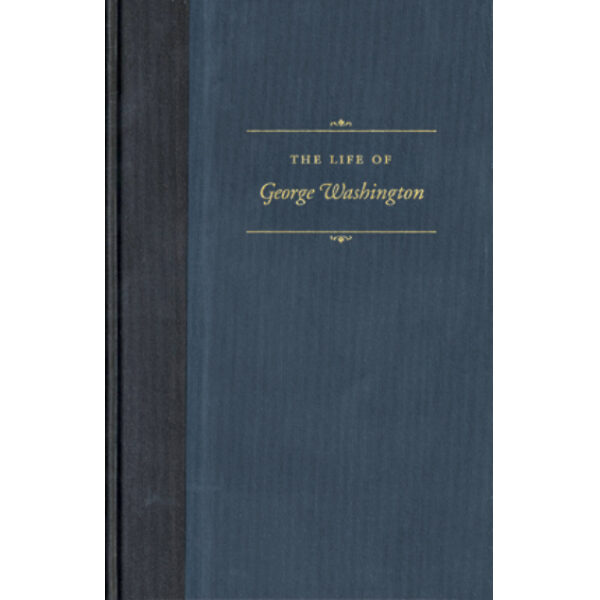The Life of George Washington
$19.99
Authority meets proximity: Chief Justice John Marshall — soldier at Valley Forge, diplomat in the XYZ crisis, architect of the Court — delivers the first great life of Washington. This edition restores Marshall’s definitive one-volume abridgment (1849), with a foreword, notes, and new battle-maps by editors Robert Faulkner and Paul Carrese. More than a biography, it’s a statesman’s panoramic account of founding war, founding government, and the character that held both together. For classrooms and readers who want Washington the leader preserved.
Description
Paradox sharpened to purpose: the freest experiment in politics depended on one extraordinary man. John Marshall’s The Life of George Washington shows how. Written by a veteran of the Revolution, leading Federalist legislator, and the future Chief Justice, this is not second-hand chronicle but the work of a participant who knew Washington, read his private papers, and weighed testimony from officers, ministers, and rivals. This edition restores Marshall’s final, most teachable text — the 1849 one-volume abridgment — framed by an editors’ foreword, explanatory notes, and new maps that track the war’s decisive campaigns.
Marshall documents the founding in two theaters — battlefield and cabinet. In the field: supply failures, mutiny threats, and strategic withdrawals that preserved a fragile army until Trenton, Princeton, and the long road to Yorktown. In office: revenue, credit, treaties, insurrections, and neutrality tested by European wars and domestic factions. Always, Washington’s method: deliberate inquiry, then firm execution. Crowds raged; policy stood. The republic endured.
Because the author was a statesman, the narrative is political history as well as life. Marshall probes parties and principles with uncommon precision — how strength in government safeguarded equal rights; how executive energy served law; how popular ardor was steered into durable institutions. Critics from Jefferson on took their aim; historians such as Charles Beard answered with praise for Marshall’s “masterly” judgment. The debate itself becomes part of the education.
This Liberty Fund edition gives readers Marshall’s most approachable version — his own twentieth and final revision — used widely in nineteenth-century schools. Editors Robert Faulkner (Boston College) and Paul Carrese (U.S. Air Force Academy) provide foreword, notes, and maps that clarify people, places, and policy. The result: a portable classic that teaches leadership, republican statecraft, and the moral architecture of public duty. Assign it; annotate it; argue with it. But start here, where a great founder is measured by a great mind. (2000, 514pp, hb)
You may also like…
-

The Federalist
Price range: $9.99 through $25.99 Select options This product has multiple variants. The options may be chosen on the product page -

The Constitution Is The Solution Lecture Series DVD set w/Manual & Lecture guide CD + Lecture Materials Packet
$15.00 Add to cart


